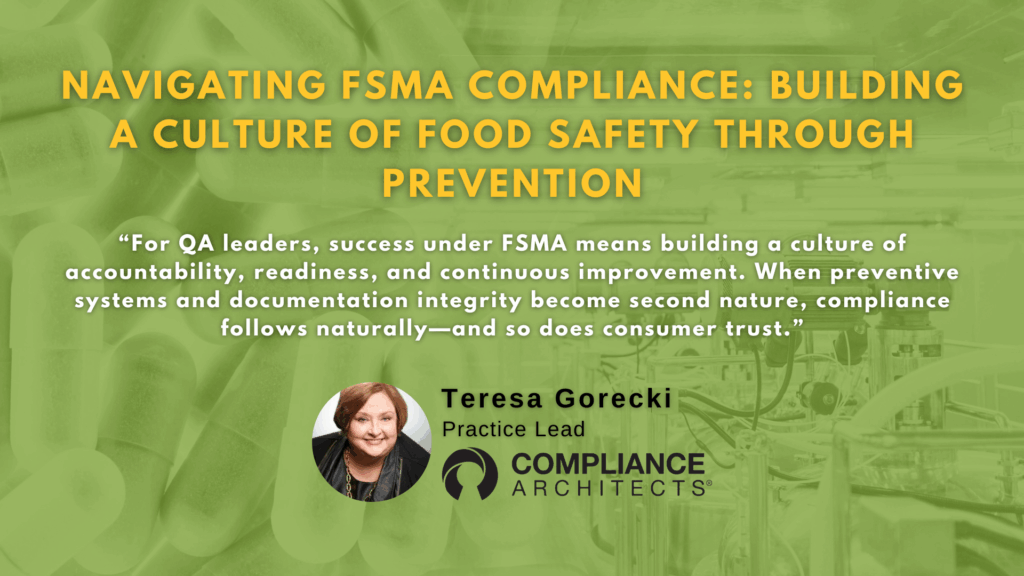In the realm of clinical research oversight, adherence to regulatory standards is not merely a recommendation but a fundamental obligation. Recently, a significant development underscores this imperative, as the Massachusetts Institute of Technology’s Committee on the Use of Humans as Experimental Subjects (MIT COUHES) Institutional Review Board (IRB) received a warning letter from the FDA following a Remote Regulatory Assessment (RRA).
This letter, issued based on detailed scrutiny, highlights critical compliance issues as a stark reminder of the importance of meticulous regulatory adherence to safeguard human subjects in clinical trials.

Table of Contents
Background: Remote Regulatory Assessment (RRA) and Its Implications
The FDA’s Remote Regulatory Assessment (RRA) is a modern approach to evaluating compliance with regulatory requirements without needing a physical presence at the site. In the case of MIT COUHES IRB, this assessment uncovered several deficiencies that led to the issuing of a warning letter. This marks a notable instance where regulatory oversight has adapted to incorporate remote methods, reflecting broader trends in regulatory scrutiny.
Key Compliance Issues Identified
The warning letter issued to MIT COUHES IRB outlines specific areas of non-compliance that are crucial to ensuring ethical standards in clinical research:
Informed Consent Issues
One of the primary findings was the failure to ensure that information provided to research subjects during the informed consent process was consistent with regulatory requirements outlined in 21 CFR 50.25 [21 CFR § 56.109(b)]. This discrepancy raises concerns about the adequacy of information provided to participants regarding the nature, risks, and benefits of the research involving them.
Documentation Deficiencies
Another critical issue identified was the inadequate preparation and maintenance of documentation related to IRB activities, as required by 21 CFR 56.115. Proper documentation is essential for transparency demonstrating compliance with regulatory protocols, and ensuring accountability in research oversight.
Implications and Lessons Learned
The issuance of this warning letter from an RRA with MIT COUHES IRB serves as a significant learning opportunity for all stakeholders in clinical research:
Enhanced Compliance Vigilance
Institutions and IRBs must maintain vigilant adherence to regulatory standards, ensuring that protocols are followed meticulously to protect the rights and welfare of research participants.
Importance of Documentation
Robust documentation practices are essential to demonstrating compliance with regulatory requirements. Clear and comprehensive records facilitate transparency and serve as a critical tool during regulatory inspections and assessments.
Educational and Corrective Measures
Institutions should view regulatory findings as opportunities to enhance education and training initiatives among researchers, staff, and IRB members. Addressing gaps identified through inspections can strengthen overall compliance frameworks.
Conclusion
The MIT COUHES IRB FDA warning letter from the Remote Regulatory Assessment underscores the critical need for strict adherence to regulatory standards in clinical research. As advancements in research methodologies and oversight evolve, so must our commitment to ethical conduct and compliance. By learning from such instances and implementing corrective measures, we can collectively ensure that human subjects in clinical trials are protected and that the highest ethical standards are upheld.
To learn more about MIT COUHES IRB FDA warning letter, click here.
Contact Us
To learn more or for assistance with warning letters, contact us by filling out the form below.





